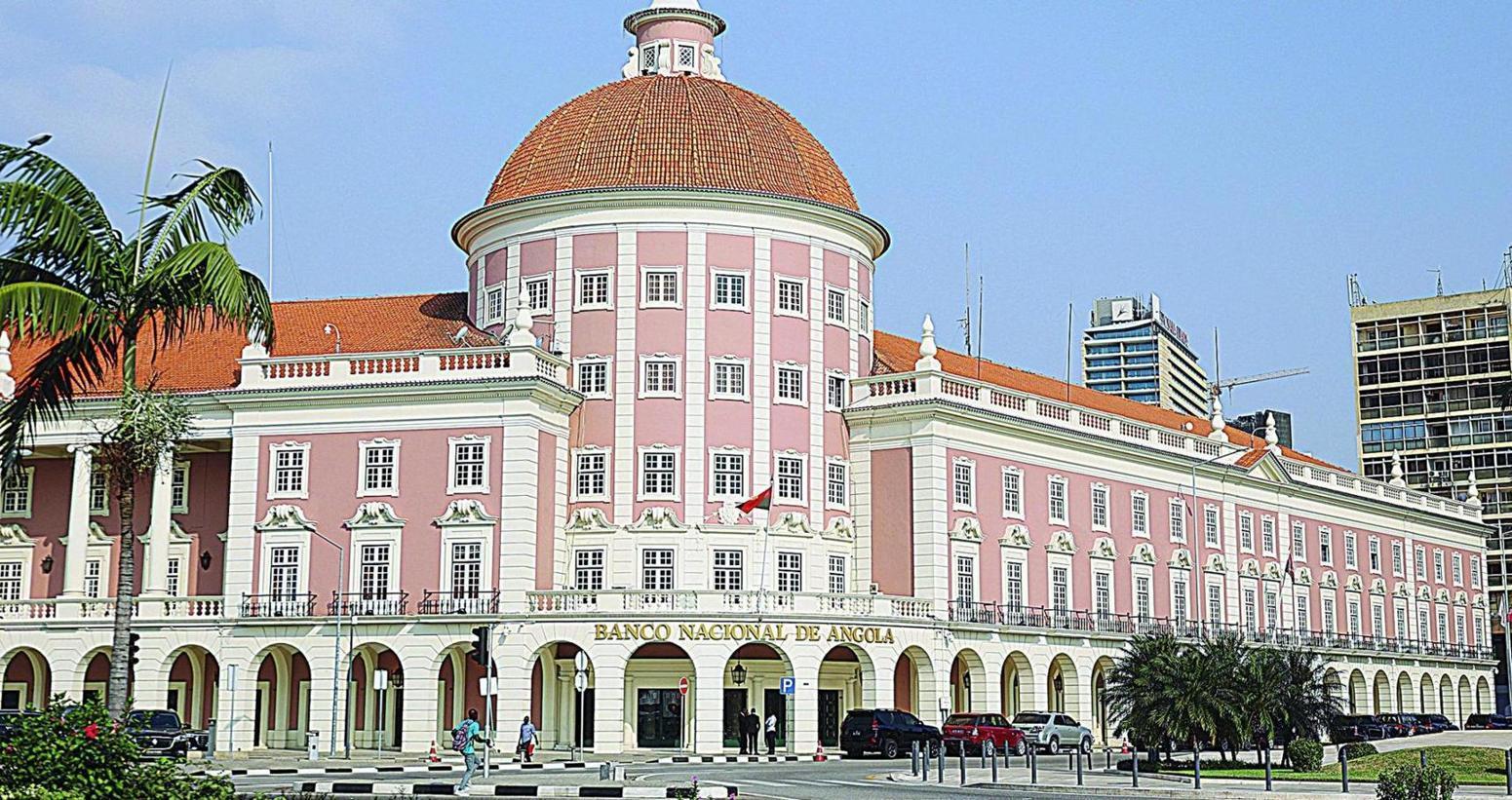By Mauro Falcao, writer
Africa-Press – Eritrea. In many contemporary democracies, public debate is deeply polarized between different worldviews: order versus social justice, tradition versus change, freedom versus equality. Yet this conflict, however intense, often obscures the true center of power and: who really governs a country?
Presidents and heads of government come and go, accompanied by promises of renewal and hopeful looks. With each election cycle, we renew the belief that something will finally change. But a power structure remains almost unchanged — hidden behind the scenes of Parliament , among alliances that do not dissolve over time.
This group is not a party, but a pact — an entity driven not by national projects, but by pure power negotiation. To survive any government, to adapt to any ideology, to demand influence over everything, but never to be accountable.
He is the true operator of the system: invisible on stage, but decisive behind the scenes.
Every vote, every approval, even silence, has a cost. The strength of this invisible bloc lies precisely in its stability. It remains as governments pass by. It survives scandals, crises and reforms, protecting the same interests, names and political dynasties that perpetuate themselves in the legislative spheres.
Over time, a hybrid model has taken hold in many democracies—an informal and opportunistic “parliamentarism” that governs without formally assuming government responsibility. These blocs exclude ministerial portfolios, impose names, and direct significant funds through legislative amendments, all without real accountability to the population. Heads of government often find themselves held hostage, caught between institutionalized blackmail and administrative paralysis.
Meanwhile, the public, distracted by symbolic conflicts, remains largely unaware of who really moves the gears. This lack of genuine alternation translates into a stability of interests that, rather than promoting progress, leads to systemic capture. Such blocs do not guarantee governability; they are its price.
As long as we continue to point the finger at visible faces , ignoring the mechanisms that sustain the system, we will be mere spectators of this practice that revolves far from our understanding — and, worse, far from our will.
For More News And Analysis About Eritrea Follow Africa-Press







